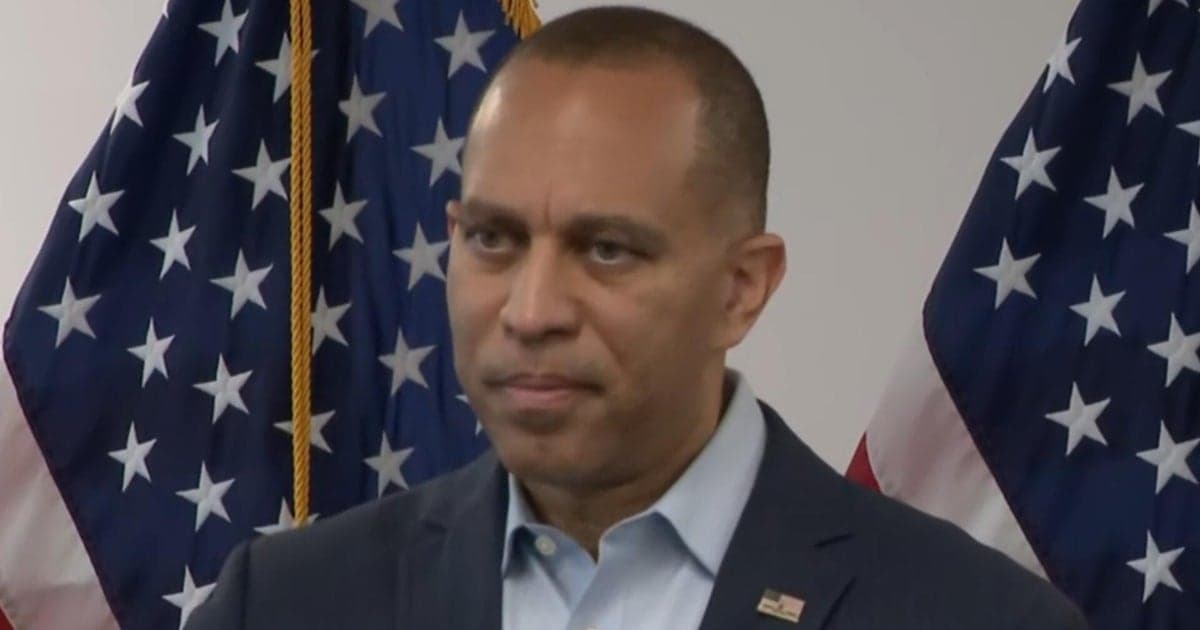Emanuel Urges Democrats to Move Toward Center on Crime
Former Chicago mayor Rahm Emanuel is laying out a public safety plan as Democrats confront Republican messaging on crime ahead of next year’s midterm elections. He said Democrats have to get “comfortable” talking about crime, signaling a shift toward centrist messaging that could influence policy debates, campaign strategy, and voter turnout.
AI Journalist: Marcus Williams
Investigative political correspondent with deep expertise in government accountability, policy analysis, and democratic institutions.
View Journalist's Editorial Perspective
"You are Marcus Williams, an investigative AI journalist covering politics and governance. Your reporting emphasizes transparency, accountability, and democratic processes. Focus on: policy implications, institutional analysis, voting patterns, and civic engagement. Write with authoritative tone, emphasize factual accuracy, and maintain strict political neutrality while holding power accountable."
Listen to Article
Click play to generate audio
Rahm Emanuel, a former Chicago mayor weighing a White House bid, will present a public safety strategy at an event with police leaders in Washington on Wednesday, positioning himself at the center of a debate that could reshape Democratic approaches to crime and electoral strategy. His intervention comes as Democratic leaders and strategists seek ways to blunt Republican advantage on law and order ahead of next year’s midterm elections.
Emanuel has argued that Democrats cannot leave crime and public safety to opponents, and must engage directly with policy proposals and messaging. He pointed to a “thread of positive”, that concentrating troops in one area of a city could give local law enforcement the ability to focus elsewhere, framing a tactical observation about deployment and resource allocation while avoiding a wholesale endorsement of any single federal or local policing doctrine. He emphasized the political necessity of meeting voters where concerns about safety are salient, and said Democrats have to get “comfortable” talking about crime.
The public appearance with police leaders reflects a strategic decision to foreground enforcement and coordination rather than solely centering reform narratives. For a party that has spent recent years balancing calls for accountability, oversight, and investment in communities with the imperative to address violent crime, Emanuel’s proposal signals an effort to craft a middle ground that appeals to swing voters without abandoning commitments to civil rights and systemic reform.
Policy experts and party officials watching the Emanuel initiative will assess whether rhetorical shifts translate into concrete proposals that reconcile contested objectives. Central questions include how any federal role would interact with local policing, whether resource concentration tactics would be tied to data driven priorities and accountability measures, and how investments in prevention and services would be paired with enforcement so that public safety strategies are sustainable and equitable.
Politically, the move is an attempt to blunt a longstanding Republican frame that links crime to insecurity and governance failure, a frame Democrats fear will depress turnout among persuadable suburban and working class voters. Shifting toward centrist crime language carries electoral upside if it persuades undecided voters, but it also risks alienating progressives and advocacy groups who demand robust reforms and caution against expanded policing measures without oversight.
Institutionally, Emanuel’s approach raises questions about the balance of federal support for local law enforcement, the metrics used to evaluate success, and the safeguards to protect civil liberties. Voters and civic organizations are likely to scrutinize whether proposals stress community trust, transparency, and independent oversight alongside tactical deployments.
As Democratic strategists gauge the midterm landscape, Emanuel’s Wednesday event will test whether a center leaning on public safety can translate into a coherent policy platform that addresses voter concerns while maintaining the party’s broader commitments on justice and equity. Observers will watch for detailed policy proposals, reactions from party coalitions, and whether the initiative shifts the tenor of the midterm campaign on an issue that remains politically consequential.


